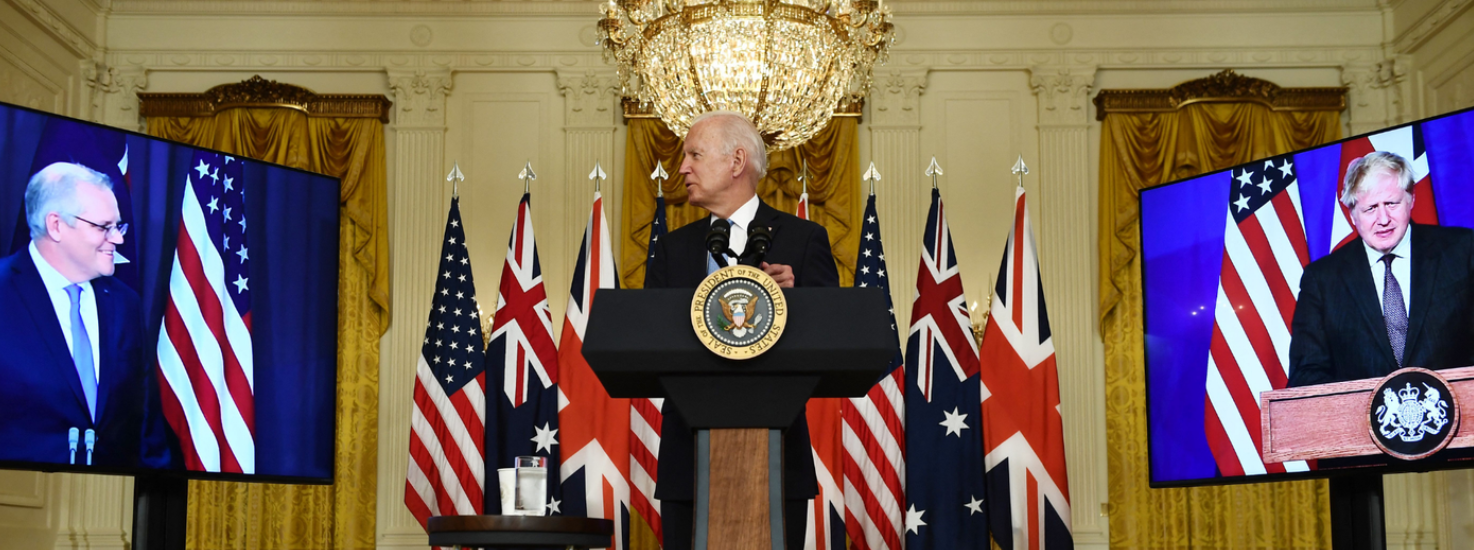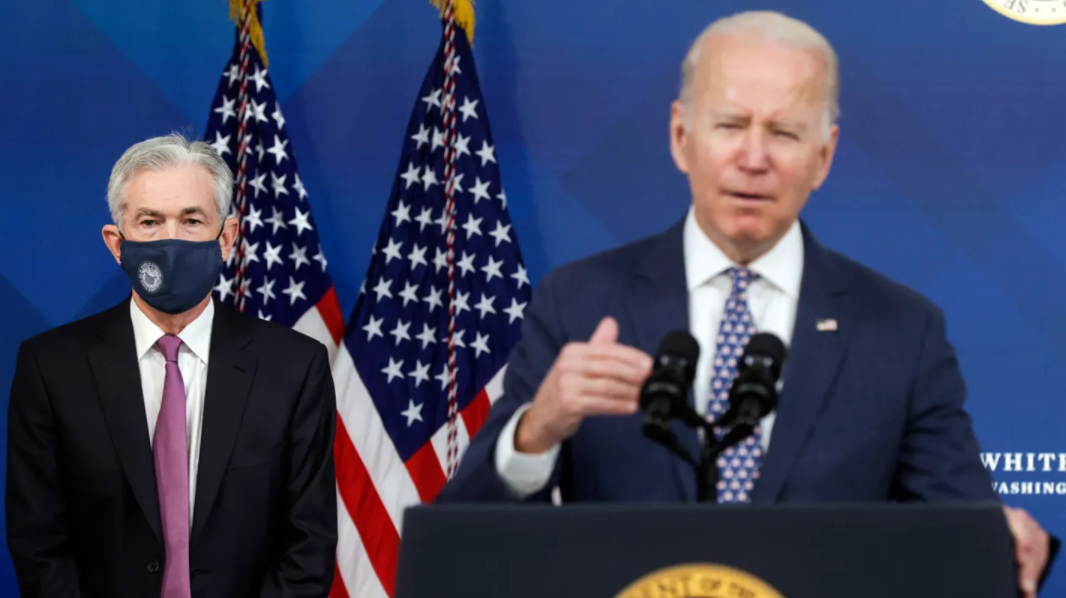Thursday / November 4
Fed begins tapering
The US Federal Reserve announced on Wednesday that it will begin to slow the pace of its monthly bond purchases as a first step in withdrawing its broad support for markets and the economy.
The Fed’s policy-making Federal Open Market Committee (FOMC) said in a statement after its two-day meeting that the reduction in bond purchases will begin “later this month”.
The Fed will begin to reduce $15 billion each month — $10 billion in treasury securities and $5 billion in mortgage-backed securities — from the $120 billion per month it purchases.
- The committee said the action comes “in light of the substantial progress the economy has made towards the Committee’s goals since last December.”
The statement, which was unanimously approved, said the move came “in light of the substantial further progress the economy has made toward the Committee’s goals since last December.”
“The Committee judges that similar reductions in the pace of net asset purchases will likely be appropriate each month, but it is prepared to adjust the pace of purchases if warranted by changes in the economic outlook,” the FOMC said.
Equities and government bond yields rose and responded positively as the Fed made its decision in line with market expectations after a series of signals.
In light of market expectations, the FOMC decided not to raise interest rates near zero.
“We don’t think it’s time yet to raise interest rates,” Powell said, adding that he would like to see the labor market improve further.
US stocks
U.S. stocks soared to new records on Wednesday after the Fed’s long-awaited announcement to slow monthly bond purchases during the pandemic.
The main averages rose steadily after the central bank said it would start reducing its bond purchases later this month and reiterated that it would not be in a hurry to raise interest rates once the cut is complete next year.
After falling more than 160 points at the start of the session, the Dow Jones Industrial Average rose 104.95 points to 36,157.58 and closed at a new record. The S&P 500 rose 0.65% to hit an all-time high at 4,660.57. The Nasdaq Composite Index rose 1% to 15,811.58 points and closed at a record high. This is the fourth session in a row where all three main averages have closed at new highs.
Russell 2000 climbed 1.8% to 2,404.28, a record close. The small-scale average is up 4.7% this week.
Iran talks
Iran’s chief nuclear negotiator, Ali Bagheri, said Wednesday that Tehran will resume indirect talks with the United States on his country’s possible return to the 2015 nuclear deal in Vienna on November 29.
Bagheri spoke by phone with EU political director Enrique Mora on Wednesday and agreed on the date of the seventh round of nuclear talks in Vienna.
“We agreed to start negotiations aimed at lifting the unlawful and inhuman sanctions,” Bagheri said on Twitter.
The EU and the US confirmed the announcement. US State Department said a deal was possible quickly if Iran is ‘serious’ on talks in Vienna.
Sino-US rivalry
China is rapidly expanding its nuclear arsenal and Beijing may have 1,000 nuclear warheads by 2030, the US Department of Defense, Pentagon, said on Wednesday.
The updated estimate marks a dramatic increase from the estimated 400 warheads over the decade reported in last year’s China Military Force report.
The Pentagon warned in the report requested by Congress that “in the next decade, the PRC aims to modernize, diversify and expand its nuclear forces.”
“The PRC is investing in, and expanding, the number of its land, sea and air-based nuclear delivery platforms and constructing the infrastructure necessary to support this major expansion of its nuclear forces,” the report said, adding that China has begun building at least three intercontinental ballistic missile silo facilities.
The US has called on China to join the US and Russia in a new arms control deal.





